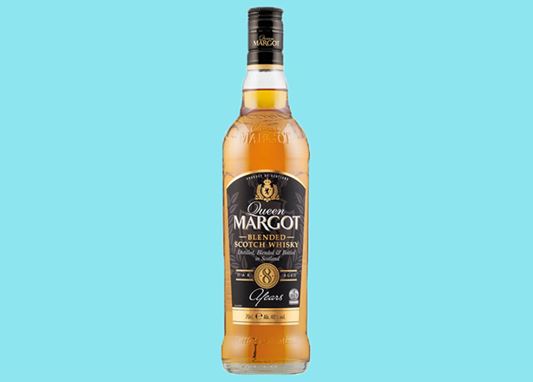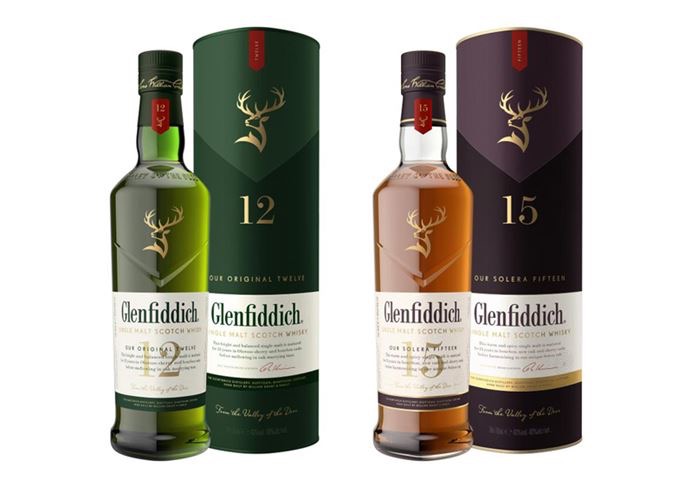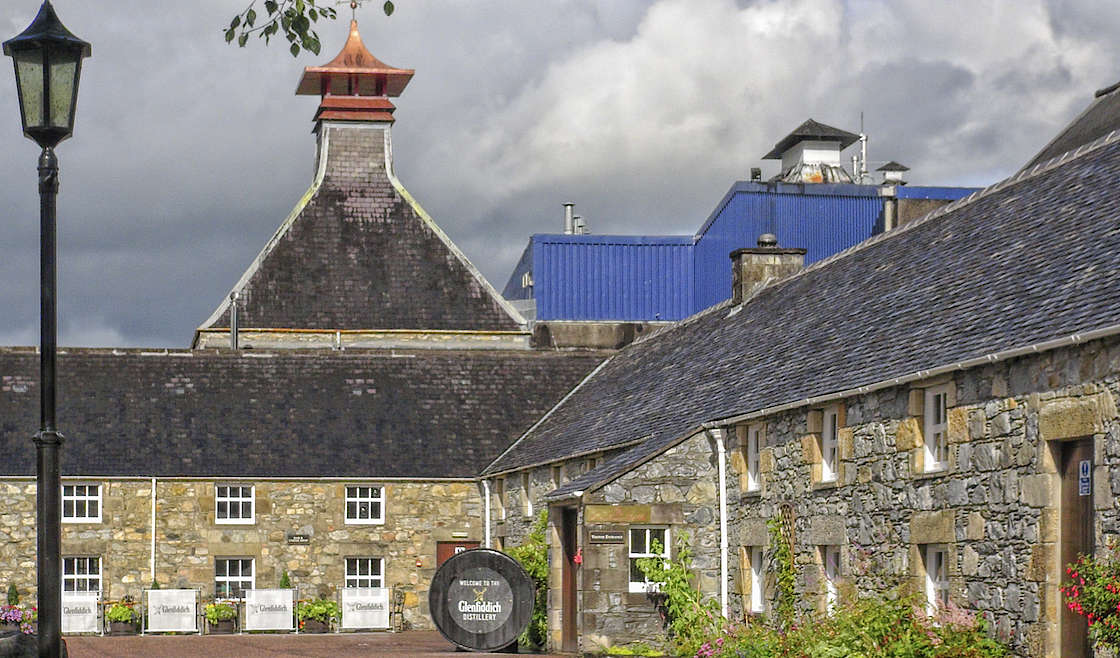If you’ve ever heard anyone repeat the phrase “May the Fourth Be with You” it…

Queen Margot and the Fake News
Queen Margot was the subject of text messages and Facebook notifications in the last week, all from enthusiastic whisky-loving friends questioning whether an eight-year-old blend from a budget supermarket could really have just been named the ‘best whisky in the world’.
At least, that’s what the national press were reporting. In a world of ever-inflating whisky prices, where a bottle of Macallan 1926 recently sold for over £1 million, at just £13 a bottle the headlines sounded too good to be true.
They were.
You see, Queen Margot, a budget blended Scotch bottled for German supermarket chain Lidl, had indeed been named ‘best whisky’ at the World Whiskies Awards, but it was within the ‘blended whisky aged under 12 years’ category. It was judged in its competitive set against the likes of Label 5 12-year-old, Scottish Leader 12, Dewar’s 12 and Johnnie Walker Black Label, which sells for twice the price.
According to judges, more than 120 whiskies won their respective category; Queen Margot eight-year-old was just one of them.
In fact there were four blended Scotch whisky categories: aged 12 years and under, aged 13-20 years, aged 21 years and over, and no age statement. Just one will be named overall ‘best blended Scotch’, and even that will go head-to-head against the winners of the American, Irish and Japanese blended whisky categories to determine the world’s best blend.
When you consider Lidl’s entrant is up against the likes of Royal Salute 21-year-old and Johnnie Walker 18-year-old, the chances of the humble Queen Margot winning are slim.
So how did we get here? Lidl, being rightly proud of its award for ‘best blended Scotch aged under 12 years’, issued a press release celebrating its win. But somewhere along the way that award was adapted by a number of media titles from ‘one of the best whiskies in the world’ to a definitive ‘best whisky in the world’. Cue hysteria among whisky fans and stampedes in Lidl’s wine and spirits aisles.
The depressing truth is that some – not all – perfunctory journalists are under pressure from their publishers to increase web traffic with engaging, eye-catching headlines. The least offensive of articles merely exaggerate for effect; the worst amount to outright erroneous reporting, aka ‘fake news’. But when writers are under pressure from a rapidly descending deadline there’s too much temptation to simply copy and paste a story, especially when it’s printed by a usually respected title. Yet journalists are trained to question everything, to always seek a story from the source. To report the truth.
Whisky is a popular subject for the international press these days, so sadly occurrences like this are becoming more common, whether the ‘news’ is an ‘award-winning’ budget dram or the ‘discovery’ of fake rare whisky. Especially irksome are the ‘Become A Whisky Expert In 5 Minutes’ features that are littered with more inaccuracies than even the best-researched Donald Trump speech.
Some news titles have since amended their claims following pressure from Lidl and the World Whiskies Awards, although those who have purchased a bottle of Queen Margot likely won’t be too disappointed by the revelation. It may not be the ‘world’s best’ but the expression was still voted by a tasting panel above its contemporaries, which include some of the world’s best-selling blends.
If there have been any positive repercussions we can always hope that the offending journalists have had their knuckles (figuratively) rapped by their editors and assigned to write out 100 lines: ‘I must not copy and paste’. Though perhaps also the frenzy has gone some way to not only highlight a previously obscure brand, but also the value to be found in blended Scotch. Could the headlines have serendipitously encouraged malt purists to give blends a try?



This Post Has 0 Comments